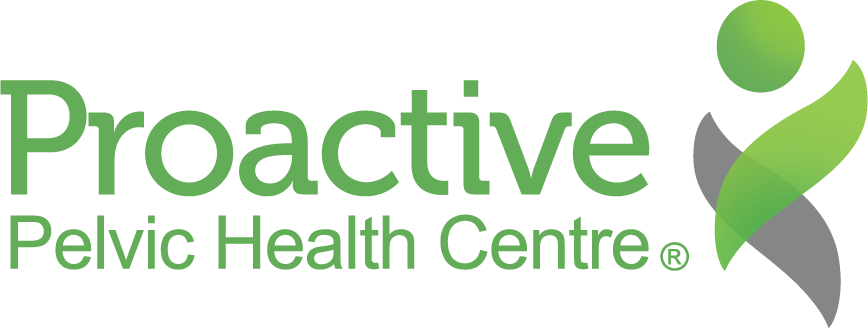Self-Compassion: Committing to Meeting Pelvic Conditions with Understanding and Care
Anna Schneider, C-IAYT, Ph.D., Certified Yoga Therapist,
Some folks gravitate quite naturally towards the practice of self-compassion, while others cringe and find it challenging to engage with. Finding a pathway to self-compassion that feels genuine and accessible to you personally can be pivotal in developing towards your goals for pelvic health and well-being. And, the good news is, that self-compassion practice is highly adaptable so give yourself full permission to explore different wording, variations in tone, gestures, teachers and mini-rituals.
Self-compassion bolsters each of the other skills we have explored in this series: self- awareness, self-regulation, and safe-embodiment.
Committing to meeting your experience with caring curiosity, reassuring your system that you are on your own side, and making skillful choices that uplift you rather than punish you are all ways to foster recovery, resilience, and growth.
How Self-Compassion Relates to Awareness, Regulation, and Embodiment
We begin with self-awareness, intentionally turning our attention inward to notice our experience. That might include physical sensations, changes in our breathing patterns, emotions that are visiting, or the qualities of our mental headspace.
Self-compassion serves as a safety net, encouraging us to meet even the most challenging experiences and sensations. With practice, we gain confidence that we are able to engage with whatever arises with an approach that is warm, kind, and adaptive: soothing or assertive depending on context.
A part of this confidence is rooted in knowing we can regulate our own nervous system when sensation or stimulus become overwhelming. For many of us, our habitual tendency can be to meet overwhelm with judgement, criticism, anxiety or numbing which only serves to sensitize the threat detection system further, turning up the volume on our threat response and our felt sense of distress.
Self-compassion fosters the opposite effect: turning down the volume on our system’s threat detection system and gifting ourselves with the felt sense of being calmed, of reclaiming space, and of having the capacity to influence our feelings, actions and thoughts.
Self-compassion offers the same encouragement and reassurance when we are exploring safe-embodiment. We can work with intense sensation as well as with areas that feel disconnected or scary knowing that we are not only holding compassionate space for the sensations themselves, but also for whatever challenges are inherent in the actual process of exploration for us personally.
We fully acknowledge the tenacity it takes to meet persistent pain, the courage required to shine the light of attention on areas bound and shadowed by a protective trauma response, or the frustration of trying to connect with the body when we spent our whole lives living from the neck up, most at home in our mental and intellectual world.
Self-compassion is also a key touchstone in making skillful choices when engaging in awareness, regulation, or embodiment practices - it guides us in how to titrate our participation safely, in knowing when enough is enough, and in seeking support from friends or health professionals when necessary.
Practice: Soften, Allow, Soothe
Pause and place your hands over your heart. Feel their gentle weight, their warmth. If placing the hands on the heart is not supportive, you might wrap a blanket around your shoulders and body like a hug and feel its weight and warmth.
Offer yourself permission to take this mindful minute and cycle through a few releasing breaths as you SOFTEN areas of tension or emotion in the body.
You might gently and warmly acknowledge the challenge, the struggle, and the suffering that you are experiencing in this present moment:
“This hurts”, “I’m so tired of this”, “This is overwhelming.” ALLOW those feelings to feel validated and seen.
You might remember that you are connected to a community of folks who also struggle with similar pelvic challenges, and that this being human is hard.
You might offer yourself a compassionate phrase that feels SOOTHing “We’re OK”; “I’ve got you”; and then ask: “What do I need in this moment? What would nourish and support me?”
Offer yourself that care be it a cup of tea, putting on a favourite sweater, a short walk outside, a cuddle session with a pet, watching a goofy video, playing a favourite song, a call to a friend, some small act of creativity, play or novelty etc.
Self-compassion as a Holistic Approach to Healing and Well-being
Conditions relating to pelvic health such as: vaginismus, prolapse, incontinence, sexual dysfunction, coccydynia, or pudendal neuralgia, can often feel like a roller coaster.
There are times we might become our own worst critic for not feeling better, not being able to function as we used to, or not meeting expectations within relationships. If a condition is ongoing we may eventually harden and close off from vulnerability, and from leaning into just how hard our journey has been.
Self-compassion is the secret ingredient that can allow us the safety and support we need to give our pelvis’ story our attention, to acknowledge any trauma in our history that may have asked our system to protect us a little extra, and to respect any grief that is present regarding our experience or how our condition has changed our lives or identities.
A compassionate response to these layers of feeling will help them be processed rather than remaining stuck, blocking our healing and exacerbating and extending our distress. Often we need to do this work with the support of a professional or healing collective.
The Proactive Pelvic Health Centre team values compassionate care in all of the clinic’s offerings and compassion is a central skill we can explore in our yoga therapy sessions.
Resources:
To learn more about self-compassion I recommend exploring resources by:
- The Center for Mindful Self-Compassion
- The Center’s founders: Dr. Kristin Neff and Dr. Chris Germer.


